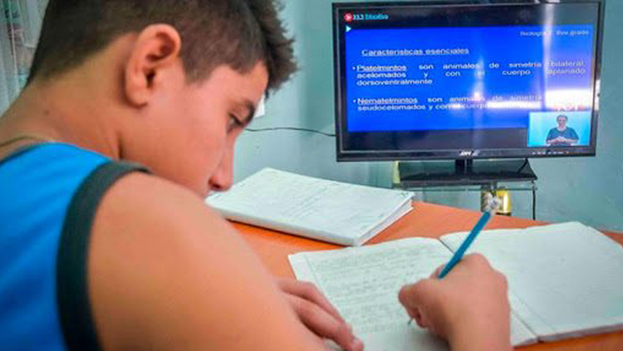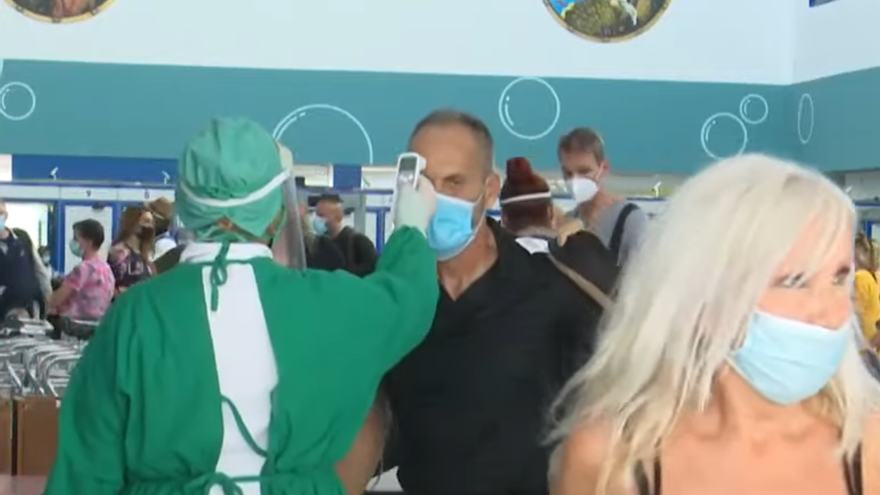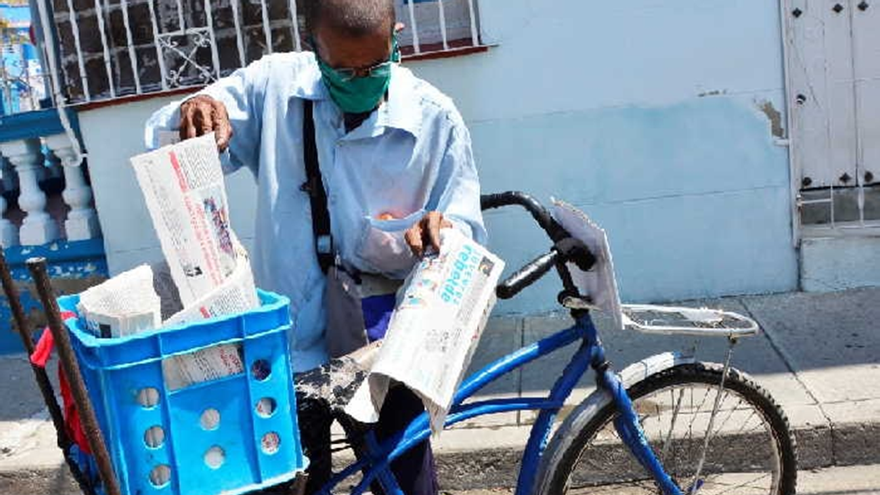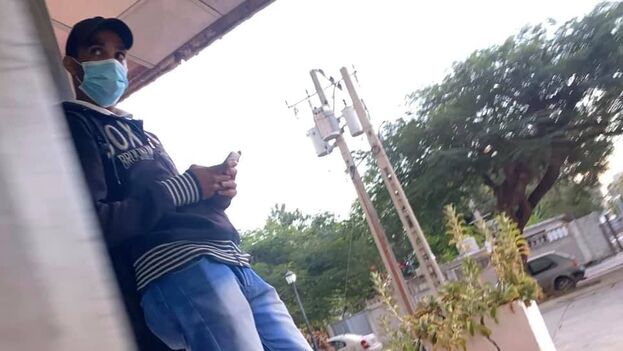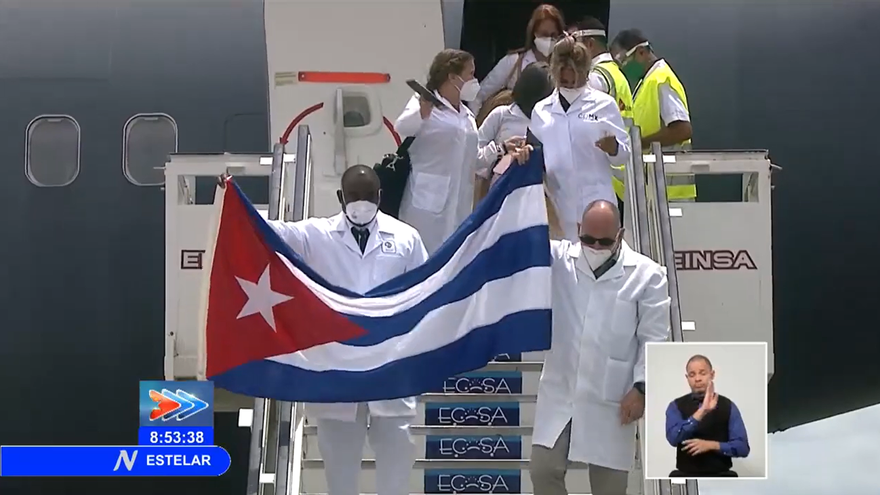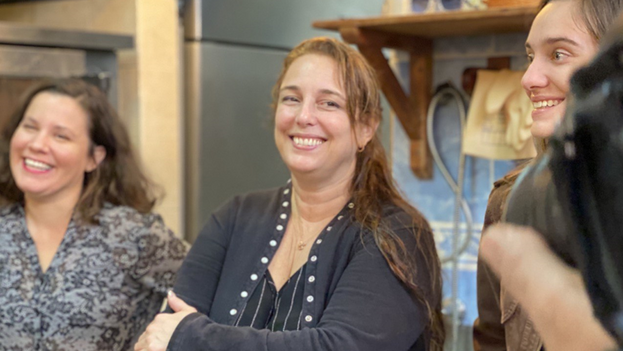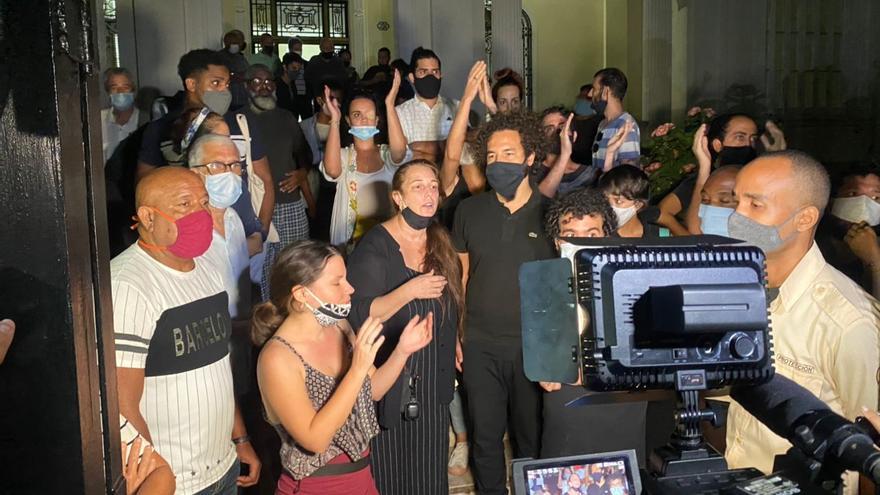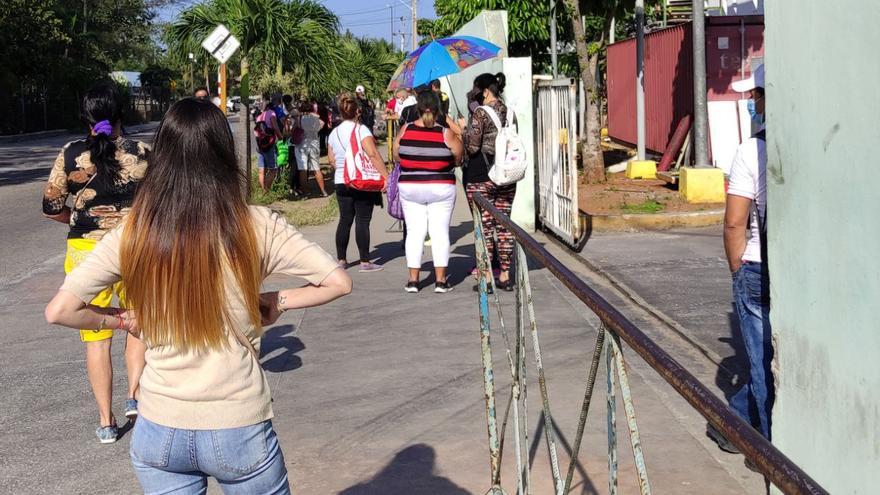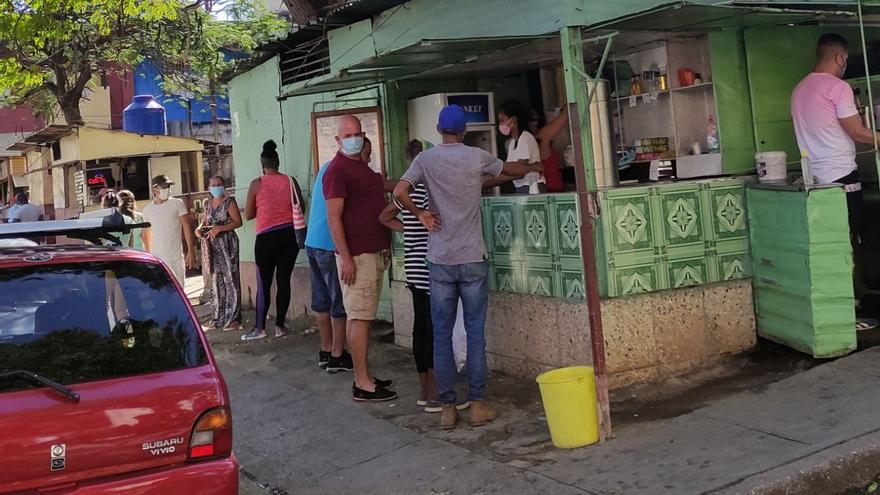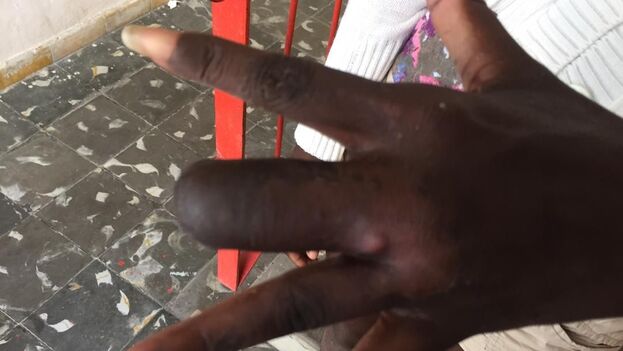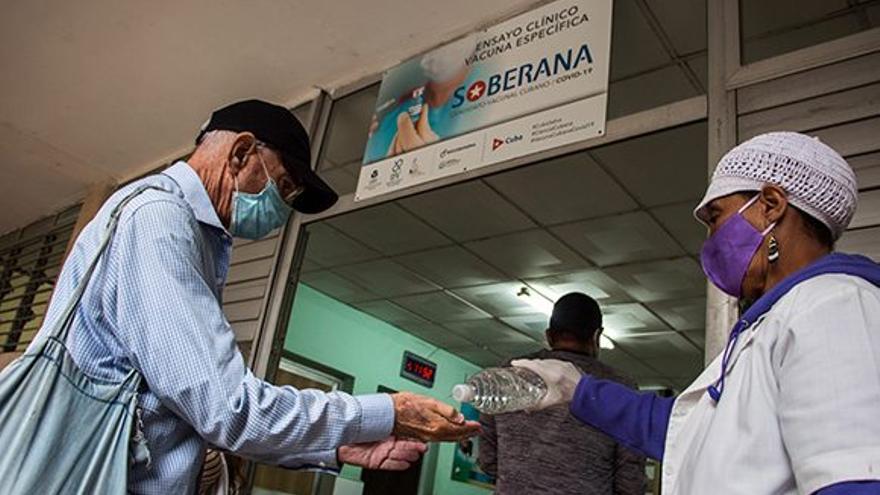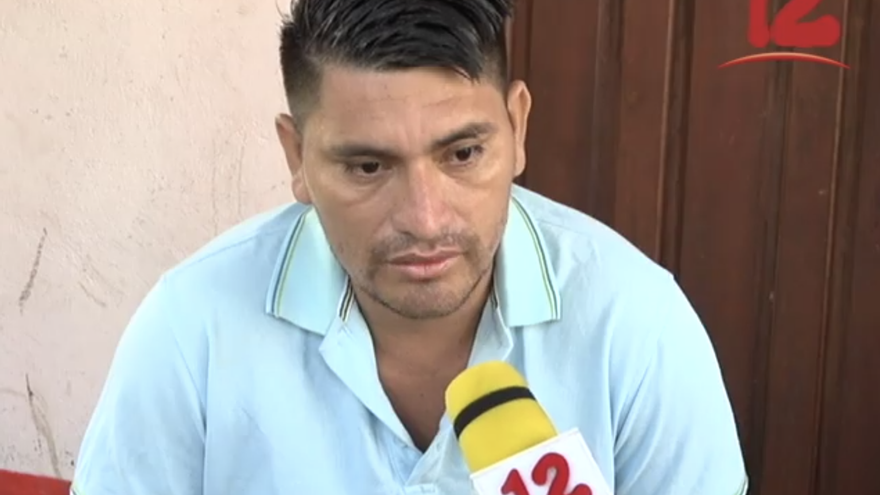
![]() 14ymedio, Havana, March 17, 2021 — Julio César Espinoza Gallegos deserted from the Nicaraguan police in August of 2018, four months after the beginning of the big repression in April, but only now has he spoken with his country’s press, which he told, among other things, that his training was carried out by Cuban officials.
14ymedio, Havana, March 17, 2021 — Julio César Espinoza Gallegos deserted from the Nicaraguan police in August of 2018, four months after the beginning of the big repression in April, but only now has he spoken with his country’s press, which he told, among other things, that his training was carried out by Cuban officials.
“I passed my anti-riot course with Cuban people and the training is for psychological preparation: that we go forward, forward, and never back. One is prepared for those types of shocks,” he told Nicaraguainvestiga.com.
“They had come to Nicaragua with the objective of training men and not women. They would say that if we were going to back down, we had better get out of the ranks of the Police,” he says from his new residence in Costa Rica, where he exiled himself in November 2020 because of the threats he was receiving.
Espinoza, who is now 32, joined the corps in 2012, in the Department of Special Police Operations (DOEP). Today, he considers himself tricked by the Sandinista propaganda that, he says, insisted to new agents upon their entry on how much the government of Daniel Ortega does for each one of them and that convinces them that the protests by Nicaraguans are “sheer madness.” continue reading
As part of his training, the ex-agent speaks of mentions of a supposed Yellow Revolution. “They knew that at any moment what happened in April was going to blow up, because the anti-riot police were prepared for that,” he says.
In April of 2018, when Nicaraguans began their protests against social security reforms, Espinoza joined as a reinforcement. “They send me to Masaya, which is where it blows up, and I end up injured by a stone-throwing,” he says. That was what kept him apart during three months of active repression.
In that period, and especially starting from the incident in which various opposition figures were killed in a home in a fire started by police and paramilitaries, is when, he says, he opened his eyes and realized that he had not sworn to repress the population, for which reason he decided to resign.
“The commissioner…tells me to work with them because they’re going to promote me, they’re going to give me rank, they’re going to assign me a vehicle and a weapon. I tell them no,” he remembers. At that moment, two intelligence people from El Chipote, the feared prison of the Somoza era, interrogated him and warned him of the consequences if he didn’t return to work.
As he says, a few days later they came to find and arrest his entire family. Espinoza was accused of terrorism, vandalism, kidnapping, and treason.
“Because I didn’t want to repress, they take these reprisals against me,” he says now from an exile which the pandemic has complicated and while he waits for a response on his asylum request.
Although it wasn’t until this crisis that Espinoza left the corps, he accuses the police of having “bloodstained hands” since long before and maintains that those who participate do so because “they like to kill… The police isn’t a job that is going to fire you, in the police you have to receive orders and if you have to kill, you’re going to kill,” he affirms.
Nicaragua will go to the ballot box on November 7, a process that many fear will be irregular. This Sunday, the ex-guerrilla and ex-Sandinista minister of health Dora María Téllez, now a fierce critic of the regime, asked the European Union to take measures before a fraud can consume them. “The Ortega regime doesn’t understand sweet words, the Ortega regime understands blunt messages,” she said.
According to the EFE agency, this Tuesday the Commission of Good Will, made up of Nicaraguan intellectuals, announced a plan to unite the opposition, with the goal of confronting the elections as one bloc. The group finds itself “adjusting the strategy for the rapprochement of the democratic opposition blocs, for which reason working sessions are being developed with the support of the Organization of Independent Professionals of Nicaragua and the Protest Group for Nicaragua.”
Translated by: Sheilagh Herrera
____________
COLLABORATE WITH OUR WORK: The 14ymedio team is committed to practicing serious journalism that reflects Cuba’s reality in all its depth. Thank you for joining us on this long journey. We invite you to continue supporting us by becoming a member of 14ymedio now. Together we can continue transforming journalism in Cuba.

